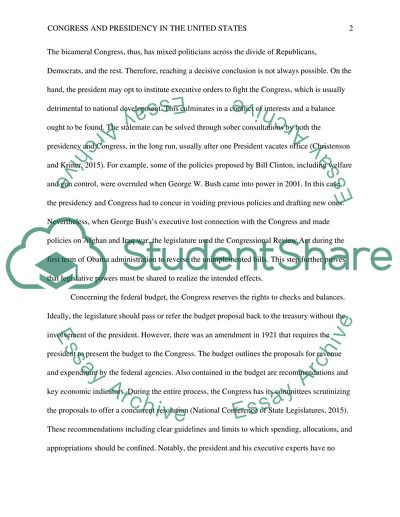Cite this document
(“Congress and Presidency in the United States Essay”, n.d.)
Congress and Presidency in the United States Essay. Retrieved from https://studentshare.org/social-science/1702240-congress-and-presidency-in-the-united-states
Congress and Presidency in the United States Essay. Retrieved from https://studentshare.org/social-science/1702240-congress-and-presidency-in-the-united-states
(Congress and Presidency in the United States Essay)
Congress and Presidency in the United States Essay. https://studentshare.org/social-science/1702240-congress-and-presidency-in-the-united-states.
Congress and Presidency in the United States Essay. https://studentshare.org/social-science/1702240-congress-and-presidency-in-the-united-states.
“Congress and Presidency in the United States Essay”, n.d. https://studentshare.org/social-science/1702240-congress-and-presidency-in-the-united-states.


